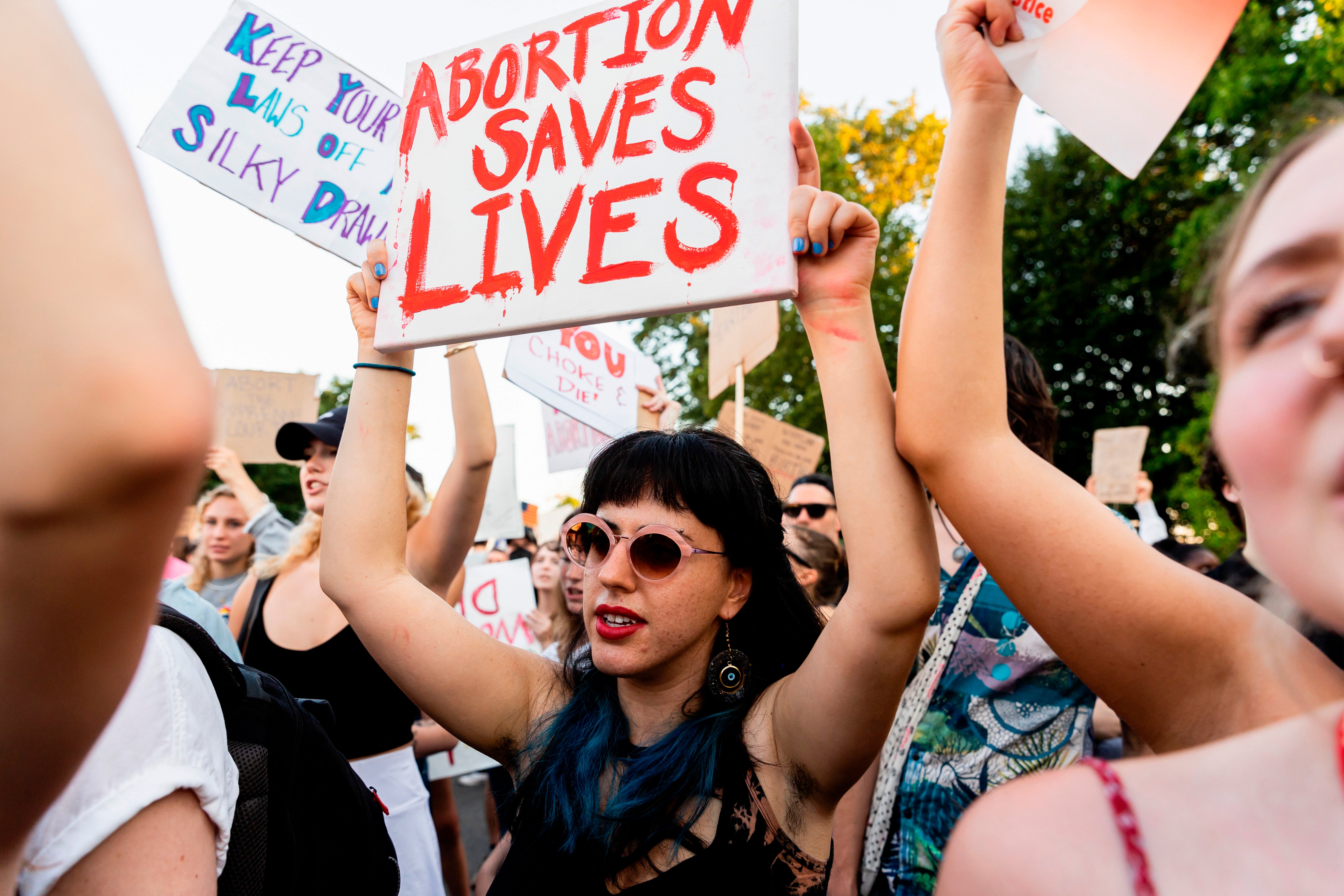
This story is part of an investigative series and new documentary, The A-Word, by The Independent examining the state of abortion access and reproductive care in the US after the fall of Roe v Wade.
As voters across the United States head to the polls on November 5, some citizens will have a crucial question to consider as they fill out their ballots: Should their states protect the right to an abortion?
Citizens in six states have already voted on abortion measures following the overturning of Roe v. Wade in 2022, which removed the constitutional protection for abortion.
Movements to amend state constitutions in California, Michigan, Ohio, and Vermont to protect abortion rights have already been approved, while measures to further limit abortion rights failed on the ballot in Kentucky and Kansas.
Now, 10 states and counting will have measures to amend their constitutions to protect abortion rights on the ballot in November.
Those states are currently Arizona, Colorado, Florida, Maryland, Nevada, New York, South Dakota, Missouri, Montana, and most recently Nebraska.
In all these states, citizens will be able to vote on further state constitutional protections for abortion, but to varying levels.
Click on the states above to read more details about the specific ballot measures.
In Nebraska, the state’s Supreme Court has approved two competing ballot measures: one that would enshrine the current 12-week ban into the constitution, and another that would increase the right to abortion until fetal viability (24 weeks).

From grassroots to ballots
In Maryland and New York, the ballot measures were proposed and approved by lawmakers.
But in all the other 8 states, citizen groups waged campaigns to get abortion on the ballot by collecting enough signatures for a “citizen-initiated” campaign.
In Arkansas, this citizen-led campaign ran into difficulties, ultimately leading to the state Supreme Court rejecting the ballot initiative.
With over 101,000 signatures collected by the group Arkansans for Limited Government for the proposed ballot measure, the Arkansas secretary of state’s office rejected the petition for incorrectly following rules on gathering signatures from paid canvassers.
The decision was upheld in late August, so abortion measures will not be on the state’s ballot in November.
In Florida, nearly 1 million signatures were collected to get a measure that would protect abortion up to 24 weeks on the ballot.
But Governor Ron DeSantis has waged a war against the ballot measure, sending “election police” to knock on doors of people who signed the petition, and issuing a state-funded 348 page report to accuse the campaign of fraud.
For more details on the ballot measures, read here.







